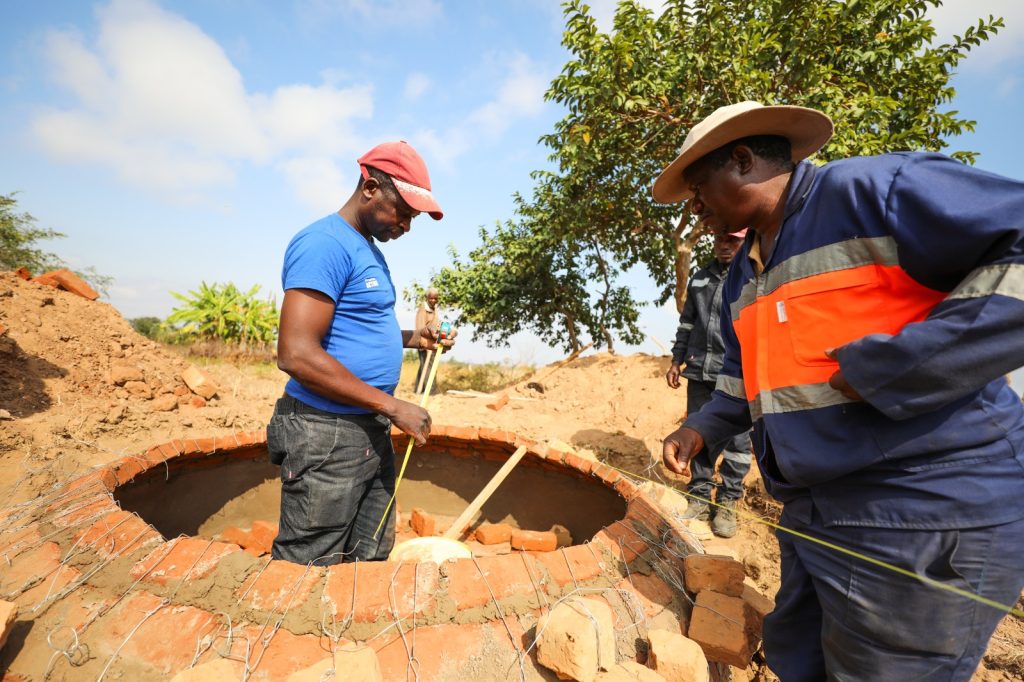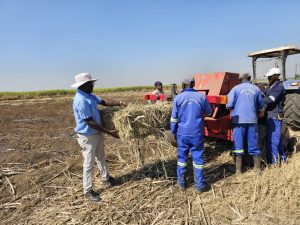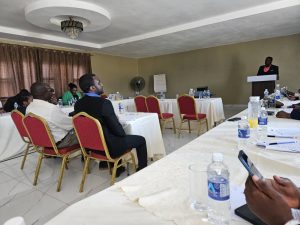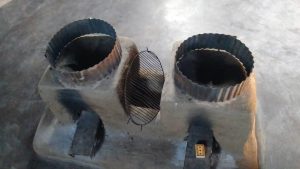Upenyu Chaota
The United Nations Development Programme (UNDP) Zimbabwe, in collaboration with UK’s Foreign, Commonwealth & Development Office (FCDO), and the Rural Electrification Fund (REF), has launched a clean energy biogas project which will see a total of 150 digesters being installed in three districts across the country.
The initiative will be undertaken in Chipinge, Masvingo and Insiza districts of Zimbabwe.
In a statement, UNDP Zimbabwe said the initiative was aimed at helping to address the pressing energy and environmental challenges faced by Zimbabwe.
“In an ambitious endeavor to bring clean cooking energy to rural communities, the largest initiative of biogas in Zimbabwe and Southern Africa has commenced in Hakwata village, Chipinge district, on the edges of Zimbabwe’s border with Mozambique.
“We are excited about the potential impact of this biogas initiative on Zimbabwe’s energy landscape and the positive change it will bring to communities.
“By harnessing the potential of biogas, UNDP commits to reducing greenhouse gas emissions, promoting sustainable development, and providing clean energy solutions to communities across the nation,” said UNDP Zimbabwe in a statement.
The project will benefit a total of 90 households in Hakwata community in Chipinge district, 30 in Gororo community in Masvingo district and 30 in Wanezi community in Insiza district.
“This monumental initiative will go a long way in ensuring that those farthest from essential services are not left in the dark. Construction of the initial set of digesters in Hakwata is already underway, with completion expected by September 2023.
“When finalised, the project is expected to bring transformation to the lives of the largely elderly population in Hakwata.
“Clean cooking energy will replace the arduous task of gathering firewood and providing a safer and more sustainable alternative. In addition to the numerous environmental benefits, the project will also empower 40 local builders, equipping them with the skillset required to construct and maintain biogas digesters,” reads the UNDP Zimbabwe statement.
Biogas, a renewable source of cooking energy produced through the breakdown of animal and food waste, holds tremendous potential for Southern Africa.
The Climate Adaptation Water and Energy Programme (CAWEP), as the project is officially called, is an example of collaboration and innovation.
It aims to address both immediate water and energy needs for long-term climate adaptation and a brighter, more sustainable future for communities most left behind.






